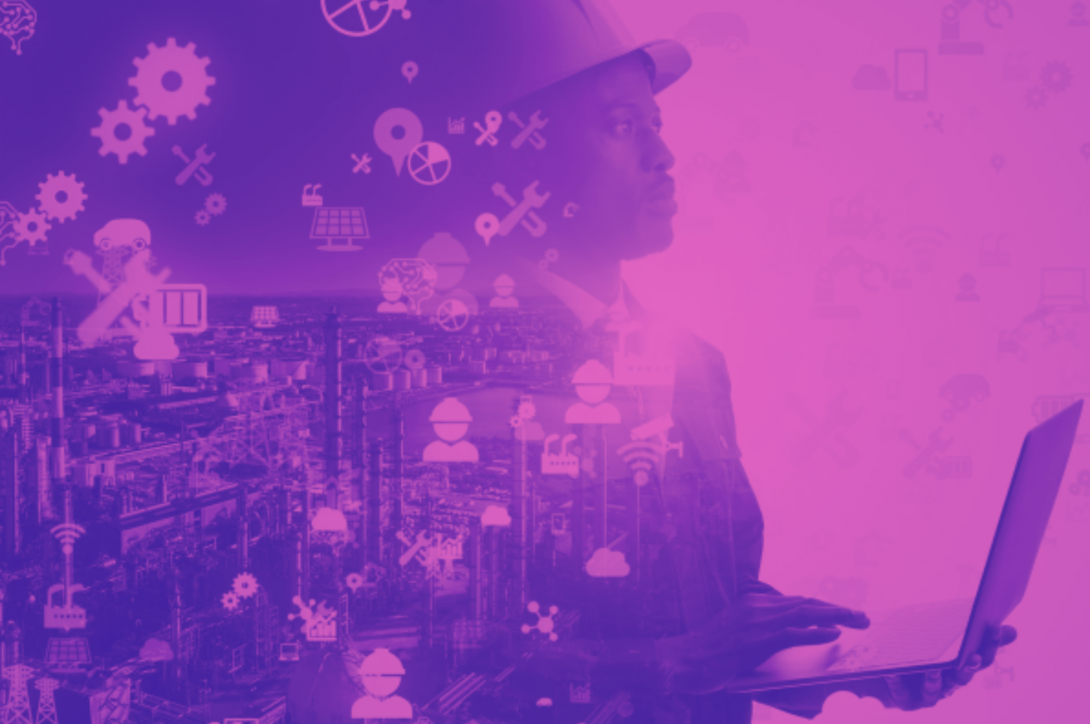Addressing labour market challenges today to build a resilient manufacturing sector
11 July 2024

Labour market shocks are a significant threat to the European social and ecological environment. The manufacturing sector is one of the most worrisome with high labour shortages. In the face of such labour crises, there is a need for new approaches to build resilience into the sector.
The European Commission states that workers must be involved in the design of future work technology, placing a great emphasis on manufacturing work to create better jobs. Following approaches from other authors using creativity exercises with workers, we propose to implement a co-creation pilot within a large, multi-industry group to ascertain whether manufacturing workers trained in emerging digital technologies and in collaboration with design researchers can generate future visions that contribute with solutions for skill gaps in a changing labour market as well as technology disruptions.
To do so, we will engage in a long-term commitment of participatory design with a group of manufacturing workers at dst group from industrial units in metallurgy, aluminium and woodworking.
Learning from the knowledge base
The FUTURESILIENCE project made several resources available to the Labs through its Knowledge Base. By searching for documents related to the labour market and to the industry, the FICTIONS lab was able to set the scene for the project, considering its geographical area of intervention: Portugal, particularly the north of the country.
Portugal is an aged-population country resulting in social welfare challenges, but one in which there has been significant investments in apprenticeship, in territory cohesion, as well as in green and digital transitions. Against this backdrop, and by seeking to build resilience into the labour market in manufacturing, we consider the aspects described below.
There is a need for investment in digitalisation of industry, however, the increasing threats to cybersecurity and to energy supplies should be taken into account. ICT will enable the streamlining of operations, as well as predictive maintenance. This concept of “prediction” can even apply to avoid workplace accidents.
Not only accidents are important in workers’ wellbeing. The reports show a relation between being unemployed and decreased wellbeing, as well as disproportionally larger effects of industry disasters/accidents on women. These call for policy and actions that take into account diversity and gender issues. Furthermore, while the country needs migrants to support its economy, there are mismatches between migrants’ skills and industry demand, which requires an early assessment so as to implement actions that will benefit both employers and employees.
Finally, in line with the recommendations from the European Commission experts, there should be a focus on creating good quality jobs, since, among other reasons, youth is no longer bound to employment coercion and requires meaningful jobs.
Survey to the workers
The FICTIONS lab launched a questionnaire to dst industrial workers to understand their perceptions regarding the impact of automation and new technologies in their professional environment, their readiness for automation and expectations regarding future benefits and measures necessary to ensure an inclusive future for all workers.
From the survey, which got 34 valid responses, we understood that there are different profiles of experience with and attitudes towards digital transformation of the workplace. We could observe that respondents were mostly positive towards digital technology, while considering at the same time that the employer needs to put mechanisms in place to support this transformation in a way that benefits workers (Figure 1).
Something both the research team and the external specialists noted was that workers assessed themselves and the company they work for as highly prepared for digital transformation, while they considered that their colleague and the sector in the country lacked preparedness. This seems to indicate a bias which can be further explored throughout the project.

Figure 1 Participants’ perceptions about technology and personal and professional development
Workshop with external specialists
We invited a group of external specialists from different fields (e.g., work psychology, speculative design, ergonomics, return to work) to comment on the survey results and to explore with us the problem space as well as factors that would impact it in the future. The external specialists worked in groups with characters that we defined based on the survey results (Figure 2) and they listed STEEPLE factors they deemed important (Figure 3). In the end, all specialists discussed the main problems and challenges related to it.

Figure 2 The cluster characters and their respective characteristics.
From this session, we understood that companies are pushed by the labour law to provide for workers’ psychosocial health, but that there is lack of mechanisms in place to help implement it. We learned that education and training are increasingly important, but that they are perhaps clinging to obsolete models, which are not being effective, and that cultural beliefs, such as negative prejudices towards manual work, are significant barriers to manufacturing.

Figure 3 Joint analysis and discussion of the STEEPLE factors identified by the experts.
Trainings and next steps
Before moving to creative workshops with workers, we conducted training sessions on topics of digital technology. Thirteen shopfloor workers from three industrial units at dst took part in the sessions, covering the following topics: cyberphysical systems, human-machine interaction, and artificial intelligence.

Figure 4 During the training session on Human-machine interaction – presenting the survey results
The FICTIONS lab will now enter a phase of co-creation and speculative design workshops with the workers who took part in the training. These sessions are planned to occur every month and each session will build on the work developed in the previous one. We will begin by defining our scenarios and then we will create artifacts that represent visions of a future of work where technology is centred on operators’ wellbeing.
Login to add a new comment